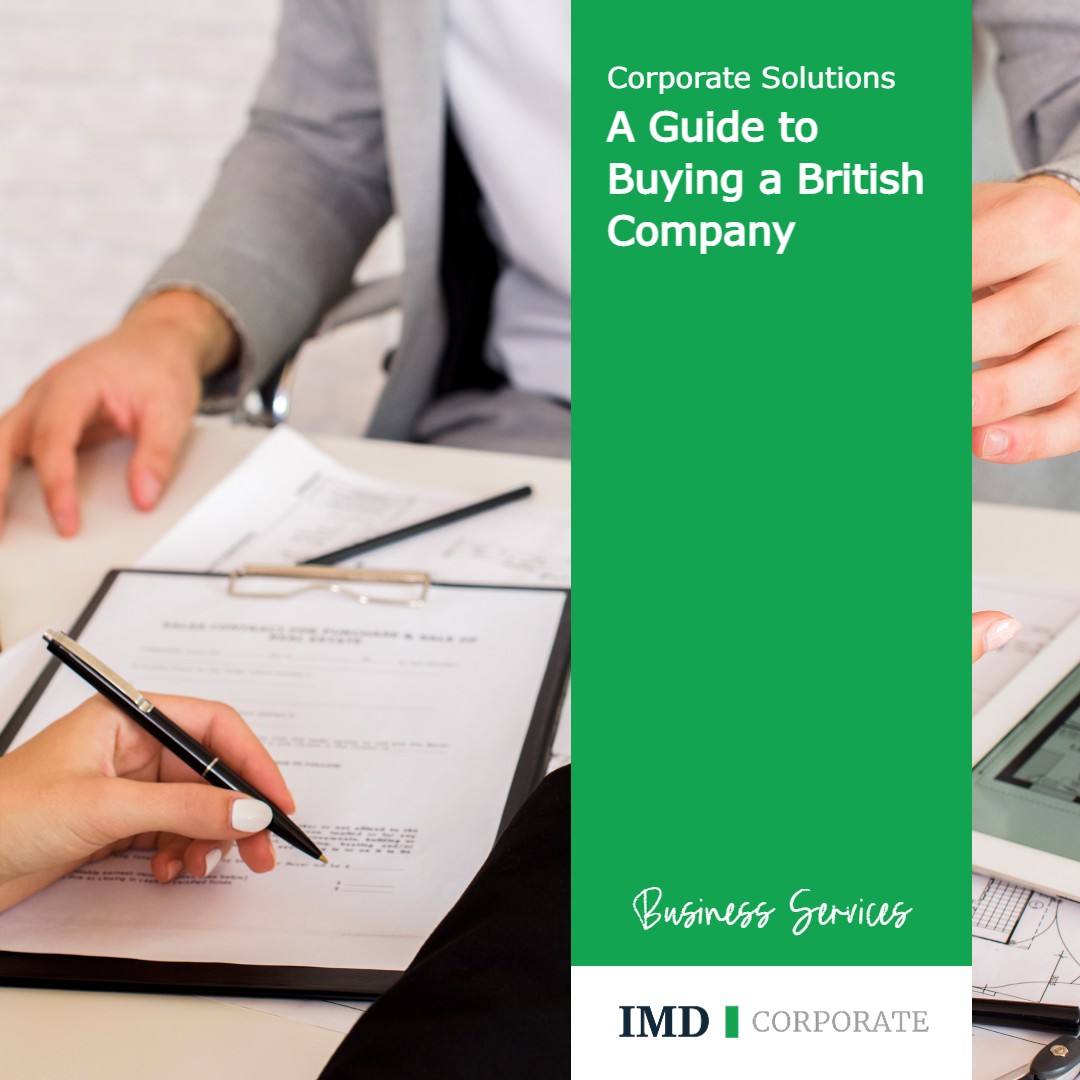
The UK is a transparent investment-friendly jurisdiction, and as such, it can be particularly appealing for overseas investments. However, this presents its own set of complications and increases the need for care and protection when buying a UK property from abroad.
Under the legal principle Caveat emptor, in English law, the burden falls on the buyer to make sure they know what they are buying. This is typically done via the process of due diligence. However, the extent of what is required depends on the nature of the business being acquired and the buyer’s existing knowledge of it. This is generally achieved through the process of legal and commercial due diligence and indemnity/warranty protection in the sale and purchase agreement. If a buyer is unfamiliar with the UK’s legal and commercial framework, then the due diligence process should also cover this.
In order to be most effective, due diligence should be tailored to the business being purchased, but in more general terms, it should encompass commercial, financial and legal due diligence. It is essential to know what you are buying, what the value is, and any potential risks faced by the business.
This is usually considered the most important agreement. It includes such things as:
As well as the SPA, it is usual for there to be several other documents, for example:
An SPA sets out any arrangements the parties want to put in place, so an agreement can always be negotiated to deal with any changes in the business between signing the deal and closing it.
We are all aware of the current worldwide political and economic issues, and this filters down into the market, creating uncertainty and turbulence. British companies are no exception. However, despite geopolitical fluctuations, such as Brexit, it remains the country that appeals to overseas investors the most.
In essence, current global trends will likely remain the biggest issue for international investors buying UK businesses rather than the actual mergers and acquisition process. Inflation will likely continue to be problematic, particularly as the war in Ukraine continues, exacerbated by wage stagnation and increasing interest rates pushing up the cost of borrowing. However, a slowdown is not confined to the UK alone.
The Takeover Code, also referred to as The City Code on Takeovers and Mergers, is a binding set of rules that applies to listed companies in the UK. Bidders thinking about taking over a UK public company need to be aware of any restrictions such as prohibitions on deal protection measures such as exclusivity arrangements and break fees, which are standard in other markets. International investors should be prepared to deal with regulators, such as the Competition and Markets Authority and the Takeover Panel.
Because it is a principles-based process, with early stage and frequent interactions with the Takeover Panel, it can be a very different experience for overseas investors than they are used to. They should be aware they will be under significant scrutiny when seeking to invest in the UK, particularly in sensitive sectors or in any companies that support them.
In January 2022, the UK brought in the National Security and Investment (NSI) Act, which is likely to change mergers and acquisition activity in the UK significantly. The NSI Act requires compulsory notification for deals, including timing and the long-stop date. It also expands the type of transactions covered by national security reviews and moves beyond mergers and acquisitions, widening the range of deals to include acquisitions of voting rights, minority investments and acquisitions of assets, including intellectual property and land. These additional factors brought in by the NSI should be considered in the buyer’s transaction planning.
The UK is not alone in bringing in new scrutiny laws. France and Germany also have new requirements which were implemented around the same time as the UK. In 2020, the EU established the Foreign Direct Investment regulations, which set a basic structure for member states in relation to foreign investment screening.
Further afield, the US already has a law to scrutinise investments with the Committee on Foreign Investment in the US (CIFUS). This was founded by former US President Gerald Ford, in 1975. Its level of intervention has fluctuated over the years, with rumours that during the Reagan administration, scrutiny was at its lowest level. Although this picked up again following the 9/11 terror attacks.
Our lawyers specialise in transactional work and in getting the deal done whatever it takes — provided this is in your interests. When problems arise, we find ways to overcome them, and when the pressure is on to conclude a matter quickly, we have the capacity to upscale resources so that any deadlines can be met. For more information, please contact us on 0330 107 0106.
This article is for general information only and does not constitute legal or professional advice. Please note that the law may have changed since this article was published.